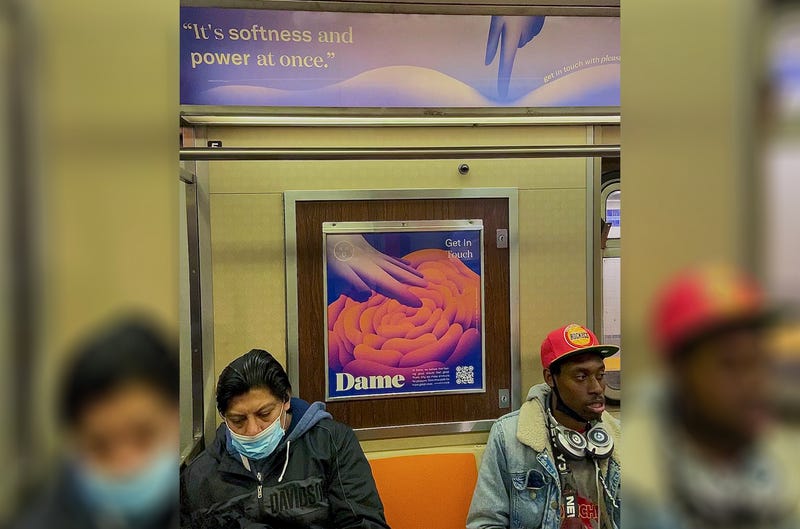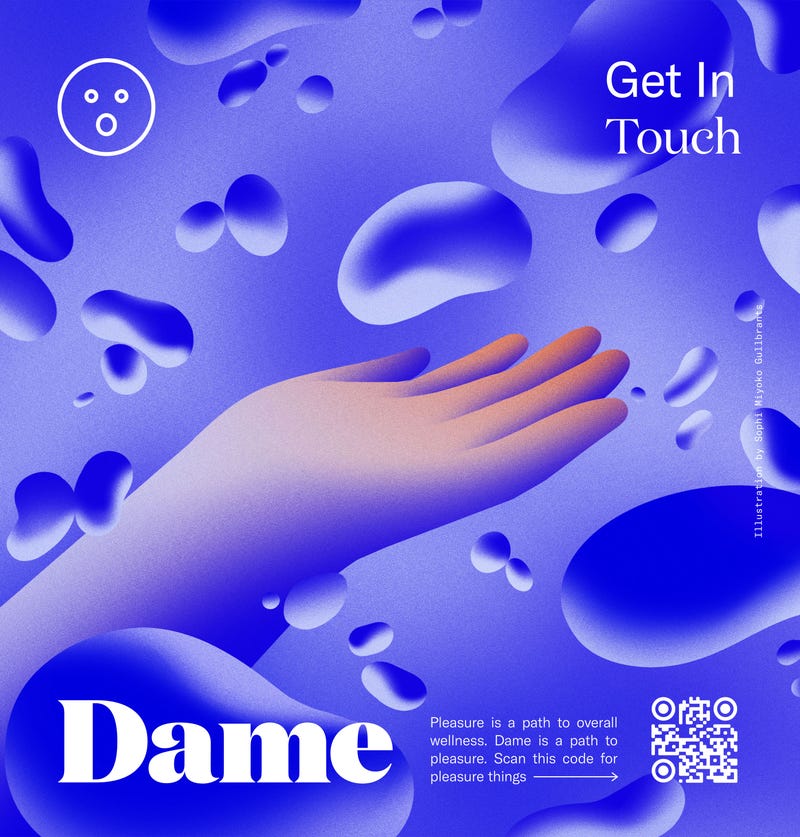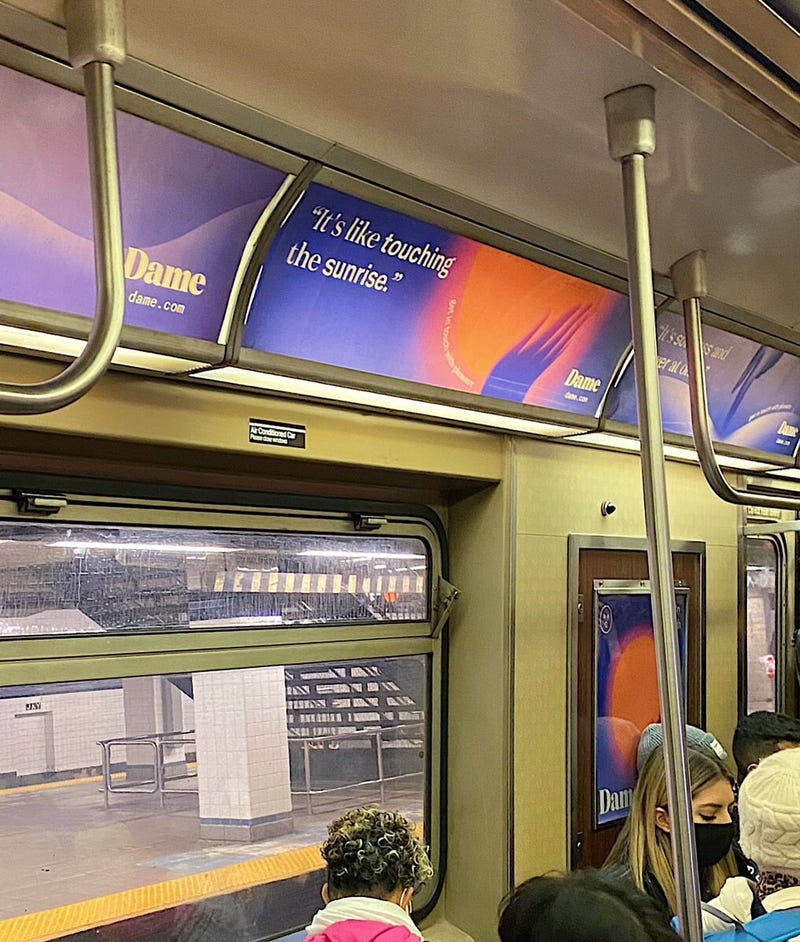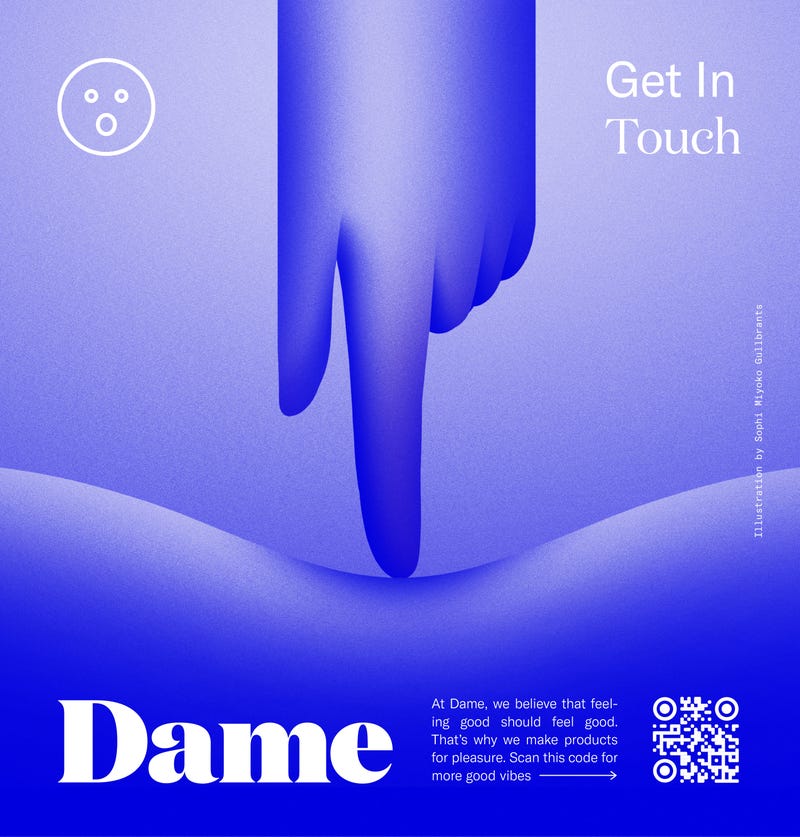
NEW YORK (1010 WINS) — The sexual wellness brand Dame is launching a subway ad campaign after settling a years-long legal battle with MTA, the company announced.

Dame became the first female-founded pleasure product brand to advertise in the subway when the campaign launched earlier this week, the company said. The Brooklyn-based brand had attempted to advertise with the MTA since July 2018 — but the agency at the time rejected the brand’s proposed ads over their content.

The company sued the MTA a year later, arguing that its advertising rules were “unconstitutionally vague” and its decision represented a “sexism” at the agency. The group pointed to previous, suggestive ads approved for companies targeting men’s sexual health and erectile dysfunction for brands like Roman and Hims.
“Sexual pleasure is a critical part of wellbeing. Denying Dame advertising space stifles our ability to articulate the value we bring; to innovate and develop products for female sexual pleasure; and enforces sexual shame as a societal norm,” Alexandra Fine, CEO of Dame, said in a statement.

“[The MTA] allowed erectile dysfunction advertisements to run while denying us, making them a social and economic gate-keeper on who is entitled to pleasure,” Fine continued. “We’ve had to fight for our right to advertise and we believe this is a step forward in closing the pleasure gap.”
Dame’s “Get In Touch With Yourself” will run in subways for the next three months, with copy reading, “Pleasure is a path to overall wellness. Dame is a path to pleasure.”

The ads dropped more cheekily straightforward taglines that were originally proposed, like “toys, for sex.”
The MTA at the time said the original language "promote a sexually oriented business, which has long been prohibited by the MTA's advertising standards."
“The MTA has settled the lawsuit. As part of the settlement, Dame will run a paid advertising campaign on MTA subway cars in November through January,” said MTA spokesperson Eugene Resnick in a statement. “The advertisements will promote its brand and, unlike the earlier ads involved in the lawsuit, will not specifically depict or refer to its products.”


